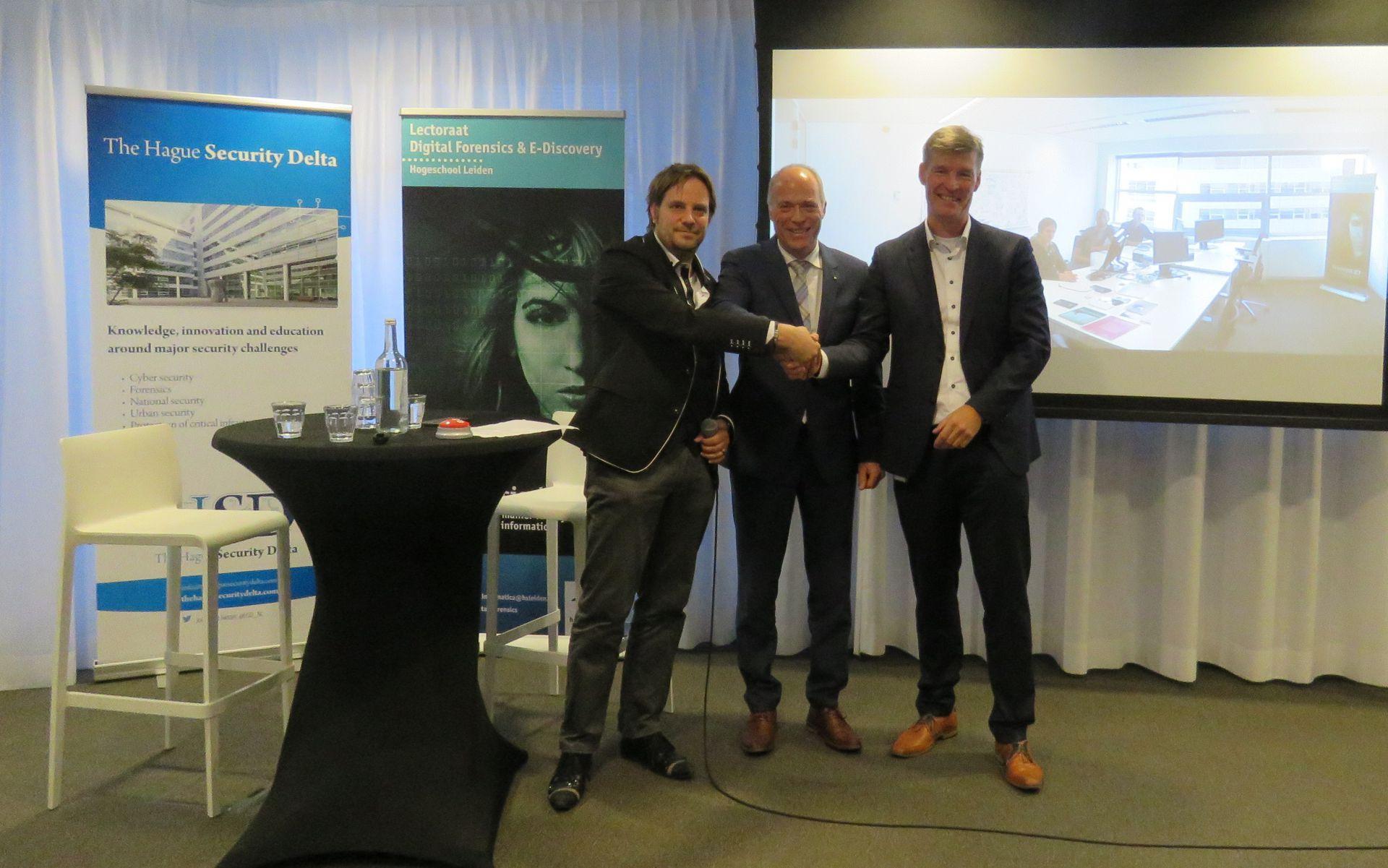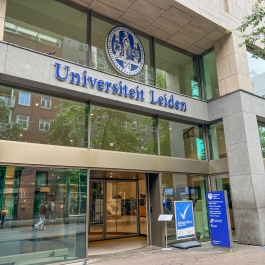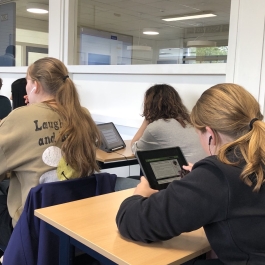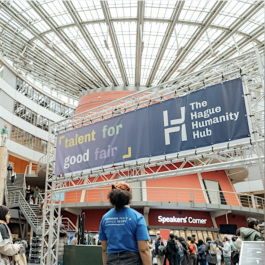Lectorate University of Applied Sciences Leiden Opens ResearchLab Digital Forensics at HSD Campus

The digital forensic lab at the HSD Campus was officially opened on 17 th November 2016 by Patrick Pijnenburg, director of University of Applied Sciences Leiden, and Richard Franken, executive director of The Hague Security Delta. The lectorate Digital Forensics & E-Discovery uses this lab to educate forensic IT experts as well as introducing students with the work field of applied digital forensics.
With the entry of this lectorate The Hague Security Delta gives meaning to the goal to create new innovations in the domain of (cyber) security through collaborations between businesses, government and knowledge institutions, also called the triple helix.
HSD executive director Richard Franken: “The collaboration with the University of Applied Sciences Leiden, and the opening of this new research lab offers opportunities for all of us. Students and businesses can profit from and contribute to the knowledge exchange with the ultimate goal to create new innovative ideas in the field of digital forensic research.”
Lectorate Digital Forensics & E-Discovery
The lectorate Digital Forensics & E-Discovery works closely together with the Forensic IT and Computer Science programmes from the University of Applied Sciences Leiden.
Linking education, research and practice
Lector Digital Forensics & E-Discovery, Hans Henseler, foresees new possibilities in creating bridges and forming collaborations with organisations located at the HSD Campus.
He envisions the opportunities by combining education with every day business and product development. “There is a huge demand for higher educated digital forensic experts within the fields of government and business. The specialisation Forensic IT and our presence at the HSD Campus, where knowledge institutions, businesses and government work together, offers the University of Applied Sciences Leiden a unique chance to connect education with research.”
Watch Project
A great example of the Lectorate and its added value is the Watch project initiated by Terres des Hommes. Within this project , which will be worked out at the HSD Campus, Forensic IT students of the University of Applied Sciences Leiden work on the detection of child sex tourist through digital evidence. The method to detect online child molesters is called 'Sweetie 2.0'. It aims at warning and scaring off child molesters with the objective to provide a safer online environment for children.
Access to knowledge
The opening the digital forensic lab at the HSD Campus is another step to connect to knowledge institutions. Franken emphasized the importance of collaborations with these knowledge institutes, in order to educate new talent for the many organisations active in the security domain. But it also contributes to the need for innovative ideas in this domain.




